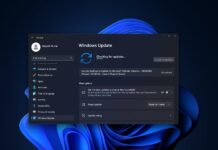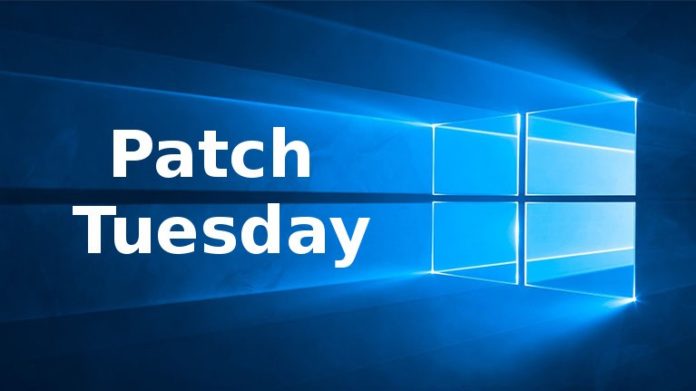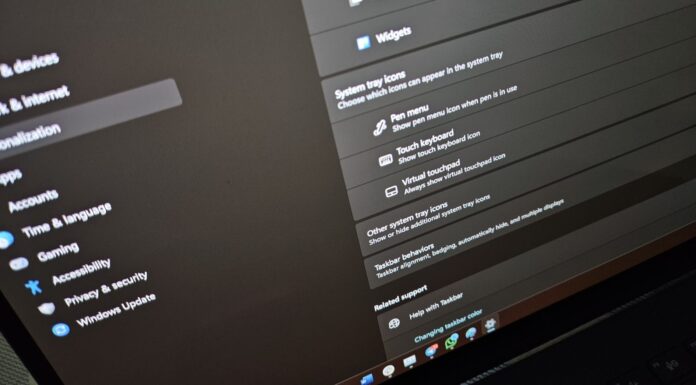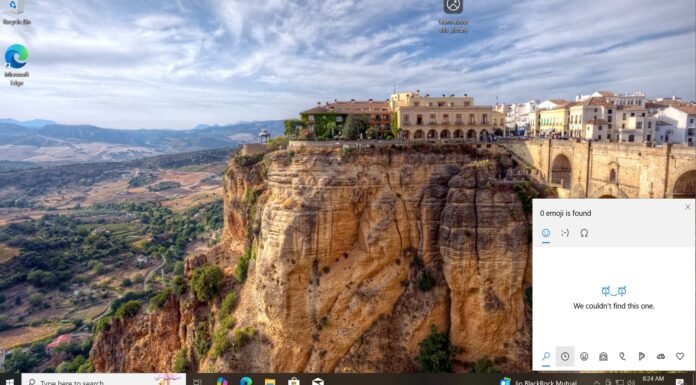As part of Patch Tuesday Microsoft rolled out updates for all its previous Windows operating system. As is always the case with Patch Tuesday releases, Microsoft aims at pushing out fixes for some critical flaws. With today’s updates Microsoft has fixed not less than 61 security flaws which include fixes for 17 flaws rated as critical.
Microsoft has pushed out Patch Tuesday updates for its products Windows, Internet Explorer, Microsoft Edge, Office, ASP.NET and .NET Framework. The First important patch is for the ALPC Elevation of Privilege vulnerability which was disclosed earlier in the month.
The vulnerability termed as “ALPC Elevation of Privilege” can be exploited by the attacker by running the arbitrary code in the security context of the local system. The attacker will be able to install programs, view, change or delete data by getting access to full users rights.
“To exploit this vulnerability, an attacker would first have to log on to the system. An attacker could then run a specially crafted application that could exploit the vulnerability and take control over an affected system. The update addresses the vulnerability by correcting how Windows handles calls to ALPC”, Microsoft explains.
The Patch Tuesday updates also fixes three publicly disclosed vulnerabilities. The most important of the three publicly disclosed vulnerabilities is a “Denial of Service” which has been discovered in System.IO.Pipelines which can be exploited remotely, the company explains. Microsoft has flagged the flaw with an important severity rating.
Another vulnerability which is termed as “Scripting Engine Memory Corruption” hits Microsoft Edge and Internet Explorer on all supported Windows versions which allows the attacker to execute arbitrary code in the context of current user and successfully gain users rights.
“The vulnerability could corrupt memory in such a way that an attacker could execute arbitrary code in the context of the current user. An attacker who successfully exploited the vulnerability could gain the same user rights as the current user. If the current user is logged on with administrative user rights, an attacker who successfully exploited the vulnerability could take control of an affected system,” Microsoft warns.
Microsoft has also included fixes for Windows Remote Code Execution vulnerability that can be exploited with a specially crafted image file which allows the attacker to successfully execute arbitrary code.






















